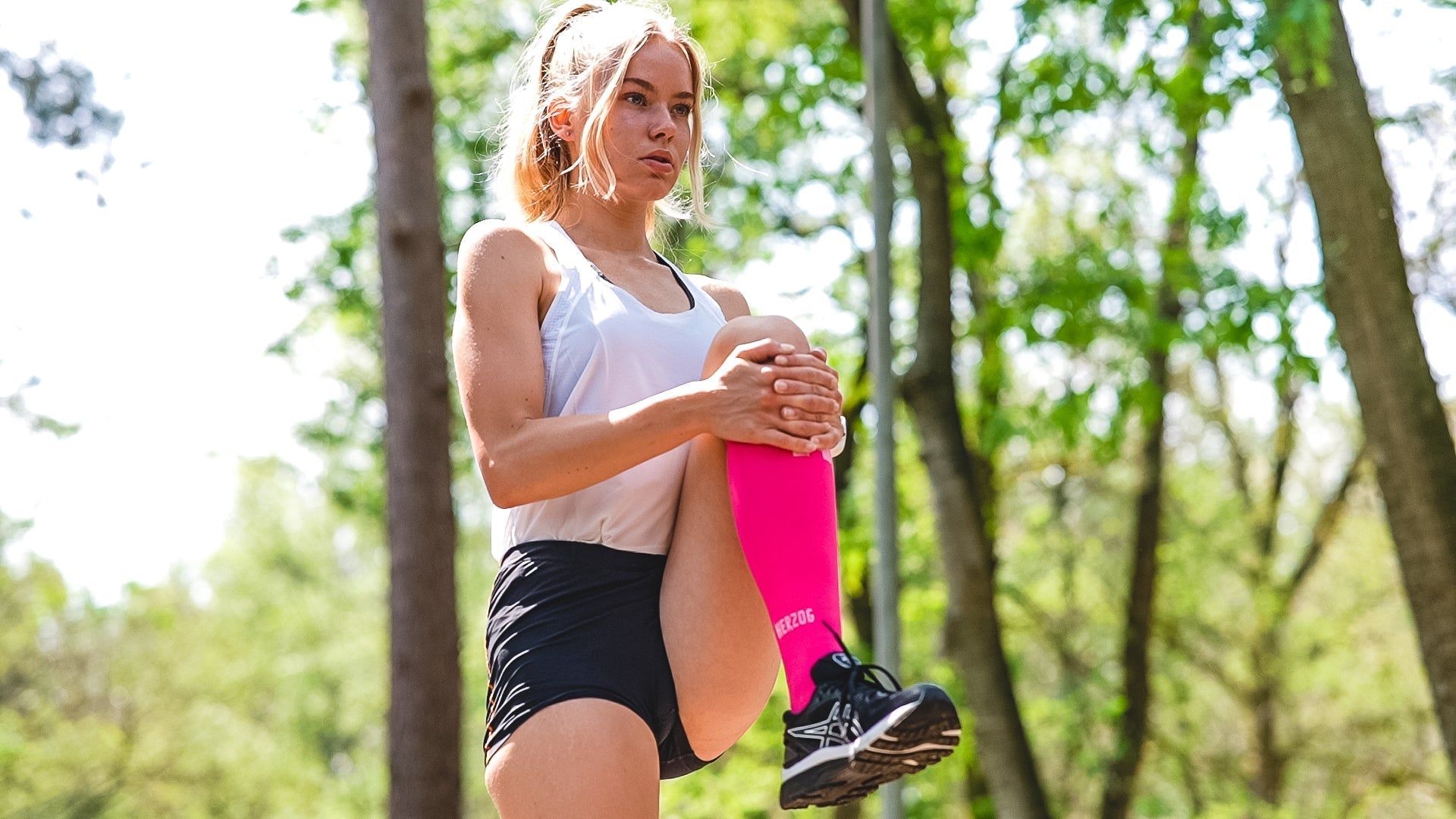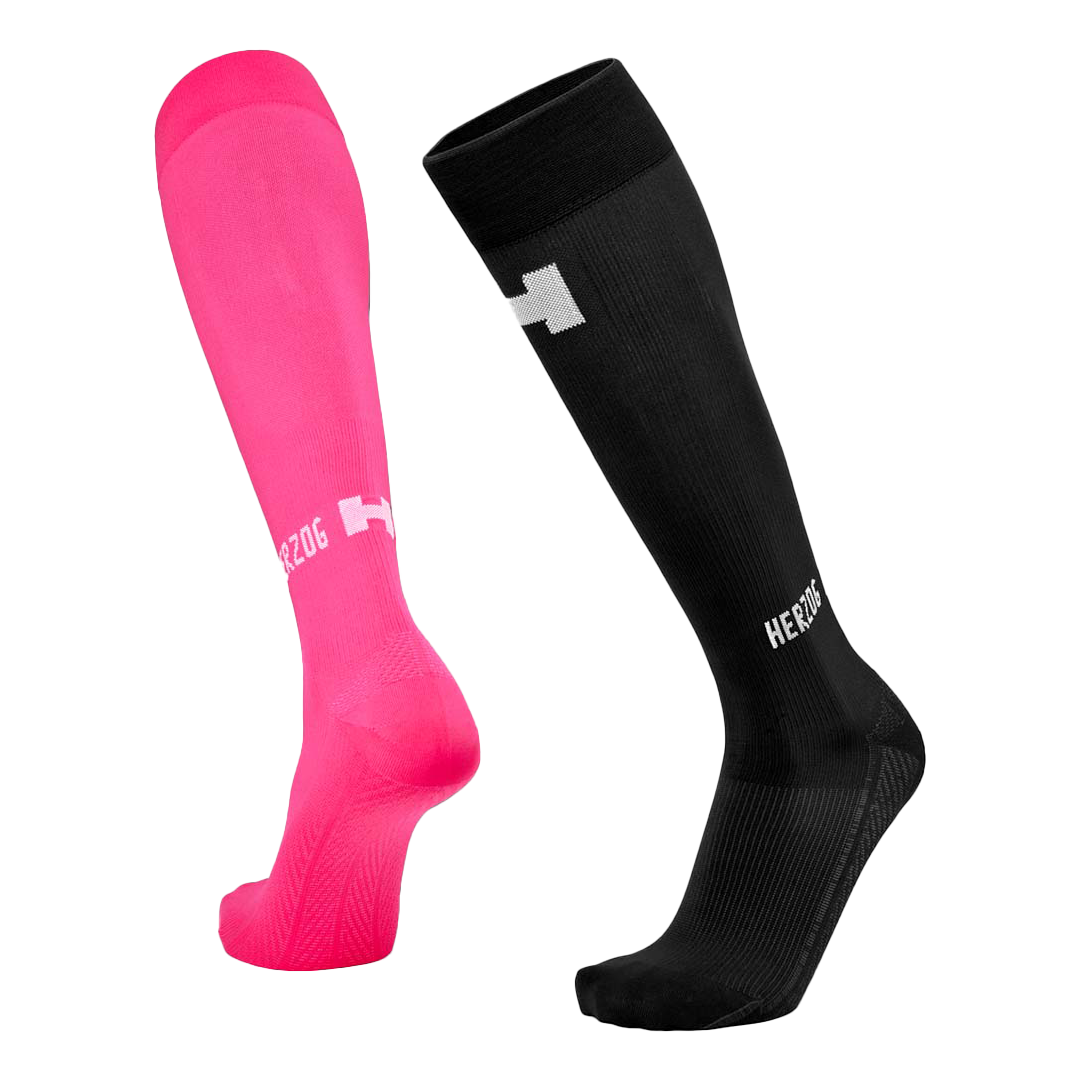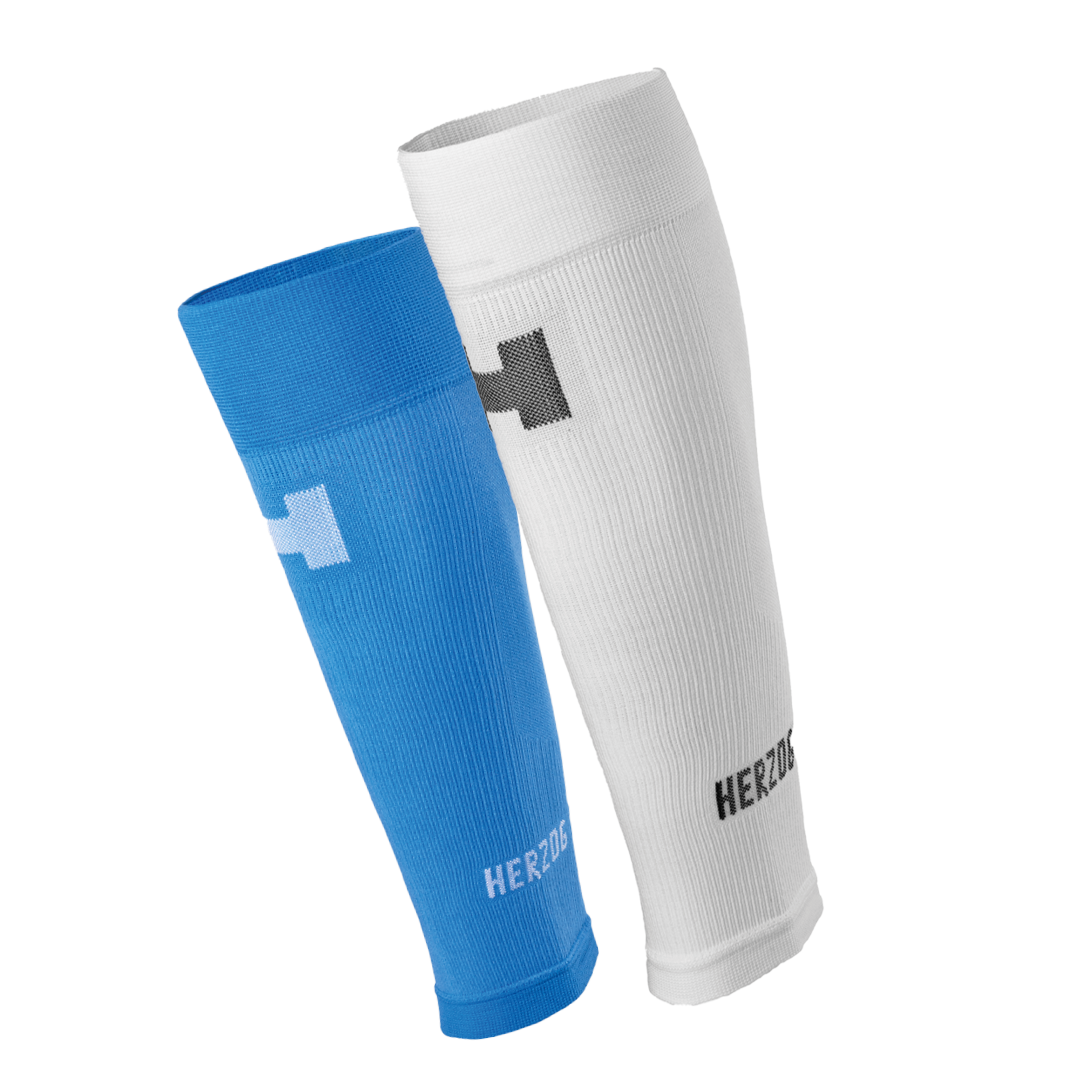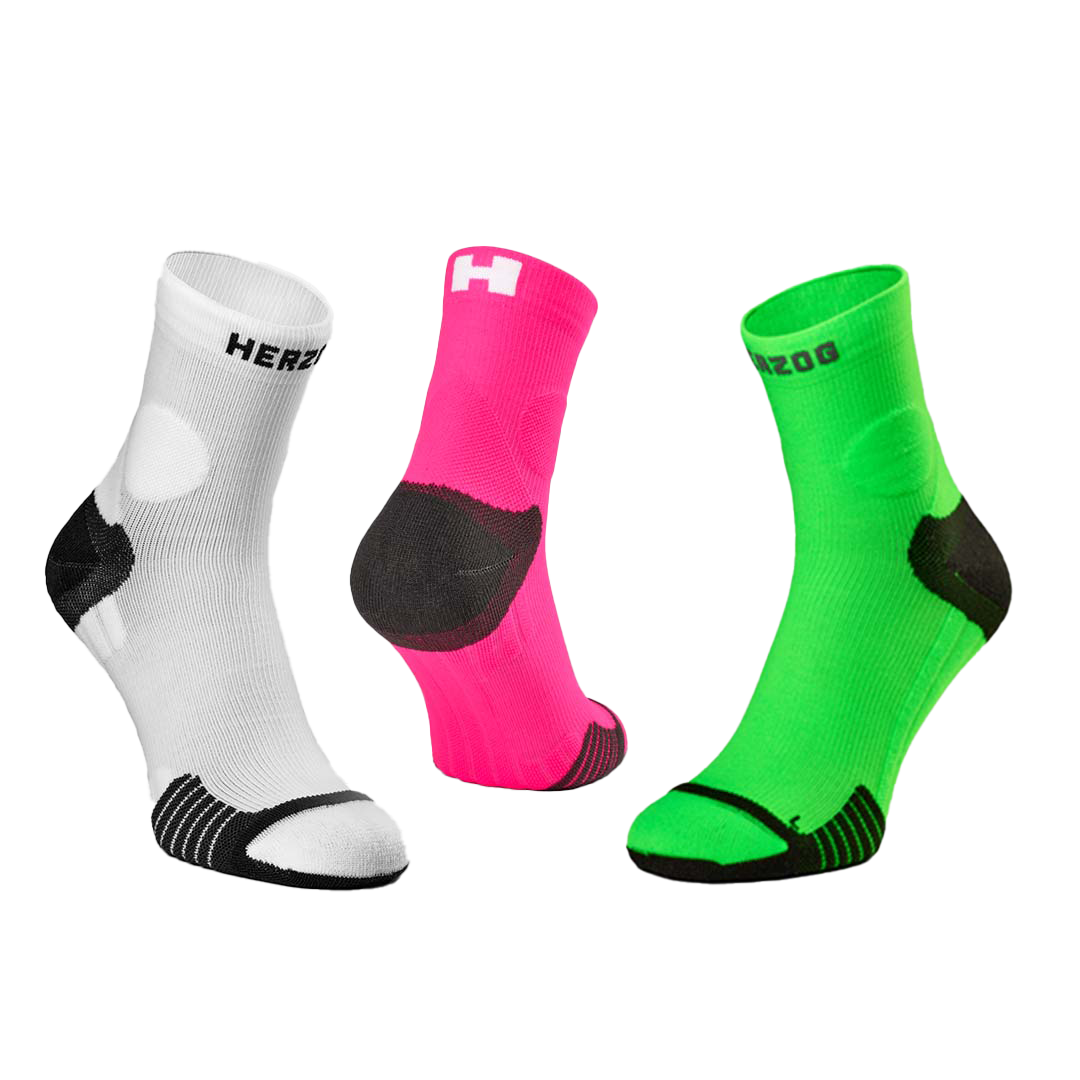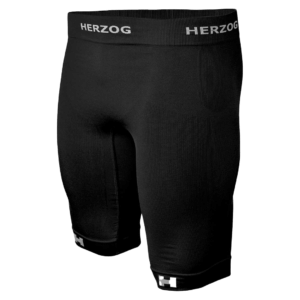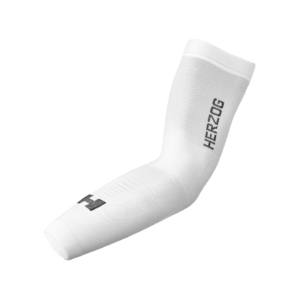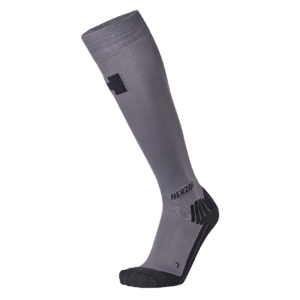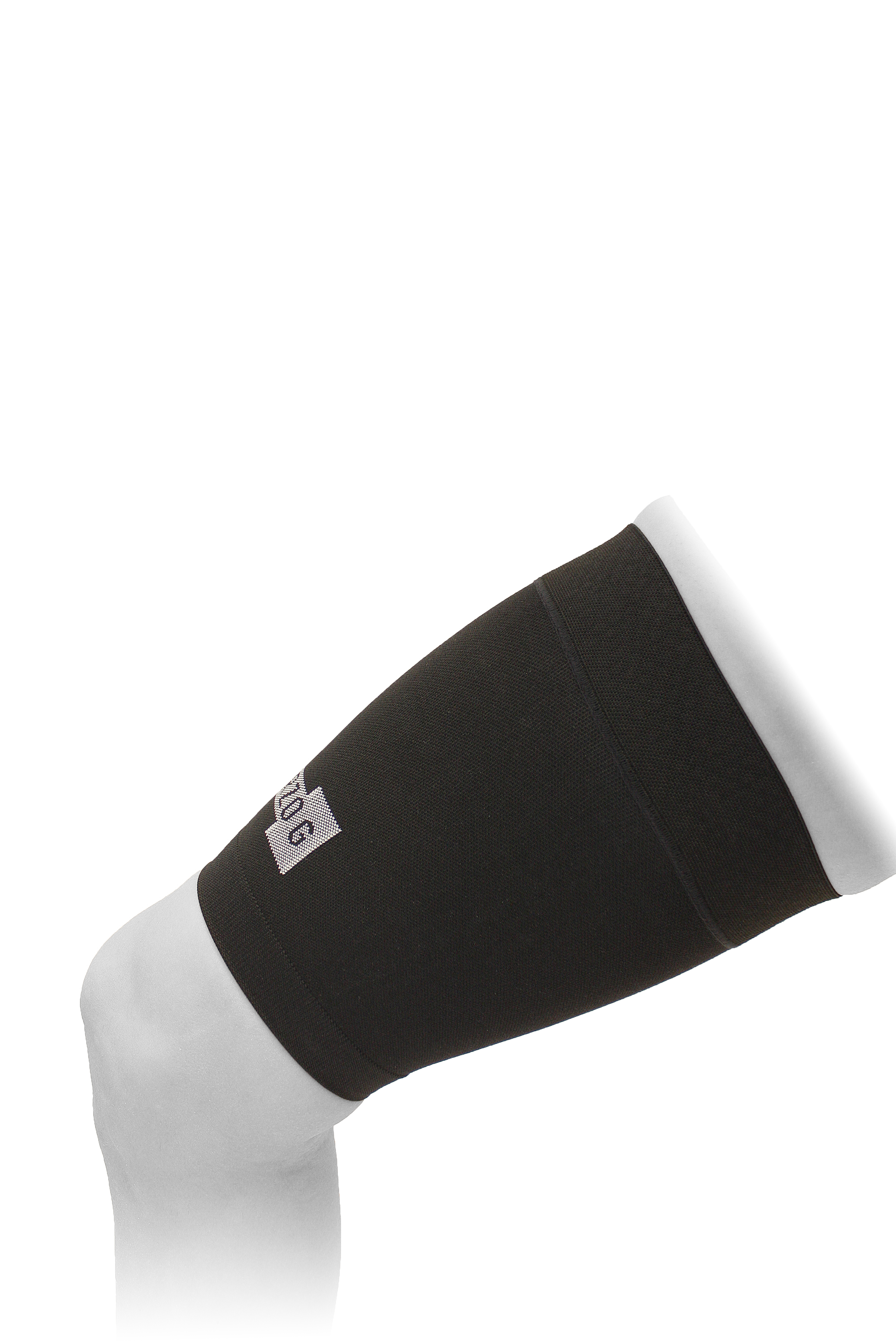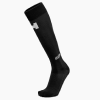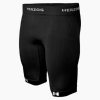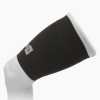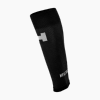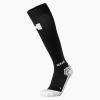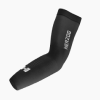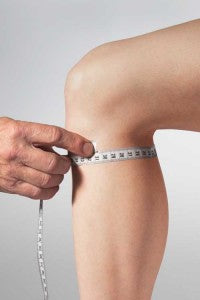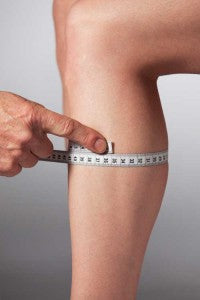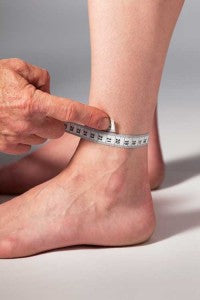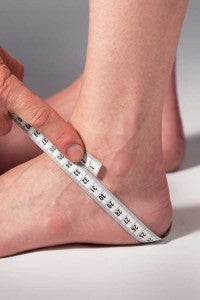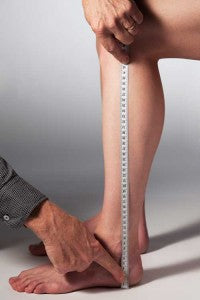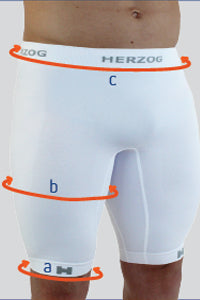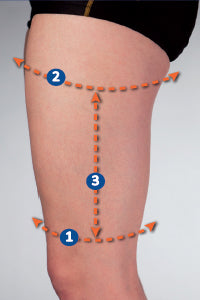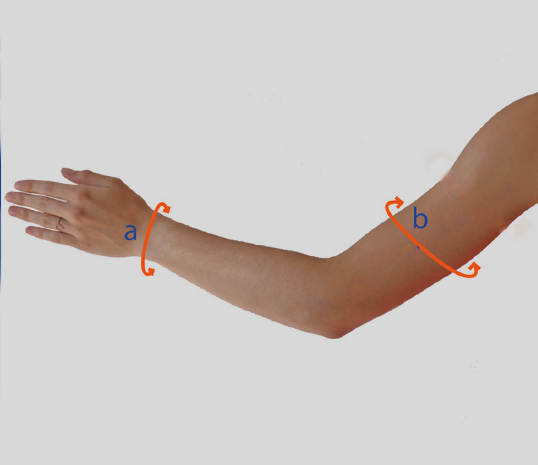4 tips to prevent running injuries
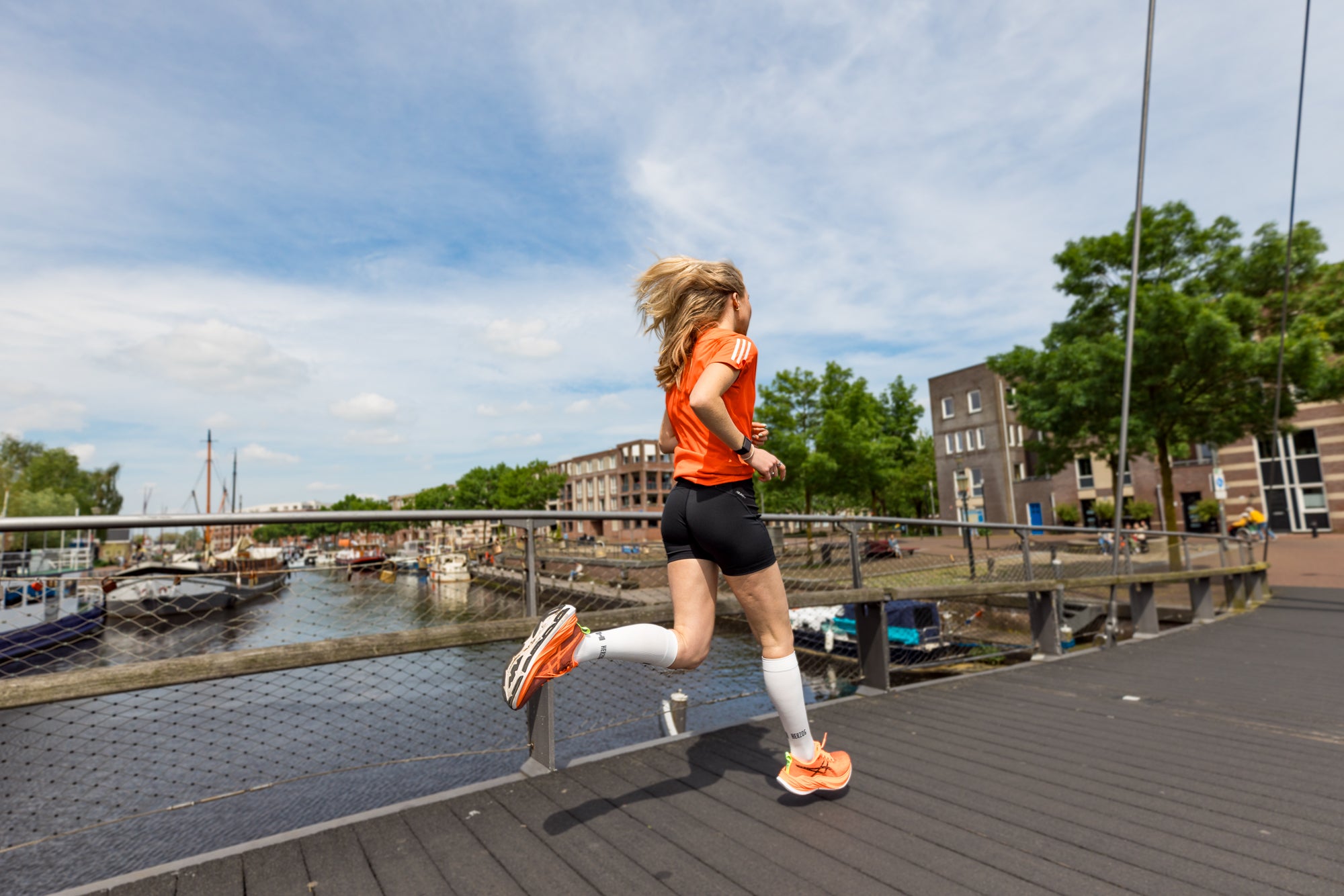
- Marketing Herzog
How can you prevent running injuries?
Have you also dusted off your running shoes again? Due to the closed gyms in 2020, the Netherlands has started running en masse. Maybe you jog regularly and have even bought a new pair of running shoes. When you are "caught" by running, it is a wonderful sport, not only for your body but certainly also for your mind. Afterwards you will feel energetic, satisfied and healthy. Unfortunately, the other side of the coin is that the risk of running injuries is very high. Maybe you recognize it... stiff calves, a pain in your shin or a nagging Achilles tendon. Why are you, as a runner, so prone to injuries? And can you prevent these aches and pains?

As a novice runner, you do not have a running trainer who pays attention to your posture, your overall movement pattern and the use of your arms and legs. Why do many runners suffer injuries when they just start running without guidance? The answer is simple: your body is not yet used to the repetitive movement. As a starter you can easily walk 150 to 160 steps per minute. Suppose you run for 15 minutes, you will quickly make more than 2,250 steps. If you jog for 30 minutes, you will cover more than 4,500 steps. During all those landings you catch 3 to 5 times your own body weight! That is an enormous shock load for your calves, your Achilles tendons and your shins. It is therefore possible that your heart and lungs are already capable of a lot, but your tendons and muscles cannot yet handle the "blows" of the landing. Your muscles need more time to get used to that repetitive movement. Running is one of the most injury-prone sports because it is not without reason that almost 50 percent of novice runners drop out within a few weeks.
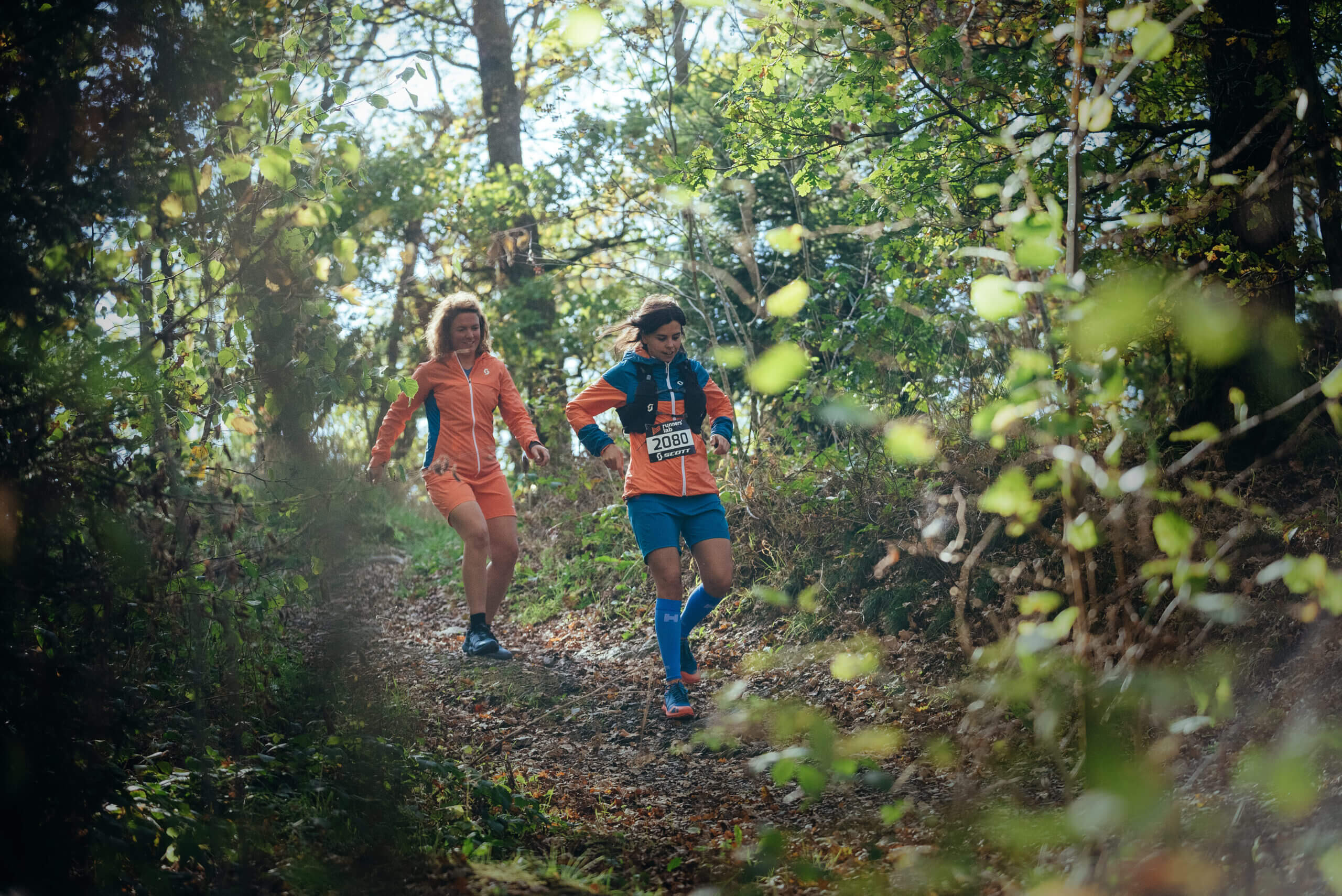
4 essential tips for you!
Fortunately, you can do a lot yourself to prevent typical running injuries. We have listed a number of tips for you:
1)It is initially important that you invest in a good pair of running shoes. Get advice from a running specialist store to ensure that you have a shoe that suits you in terms of stability, cushioning and fit.
2)Secondly, it is important to build up your size carefully. Make sure you increase your mileage very gradually and switch back in time if pain starts. Do you suffer from stiff calves, pain in your shin or a nagging Achilles tendon? We label these types of complaints as 'code orange'. If you have these types of complaints, take an (extra) day of rest.
3)Be extremely alert during 'code orange'. These are the first signals of overload. Are you still dealing with such a complaint? Then consider Herzog PRO Sport Compression Socks. What do these socks do? Herzog Sport Compression Socks provide support and absorb the "blows" of the landing very well. Because the calf muscles remain compact, the relatively heavy calf muscle mass will also pull much less on your Achilles tendons and the membrane around the shin. Don't let such a starting signal turn into a real injury that will keep you sidelined for several weeks and immediately cause your enjoyment of running to disappear.
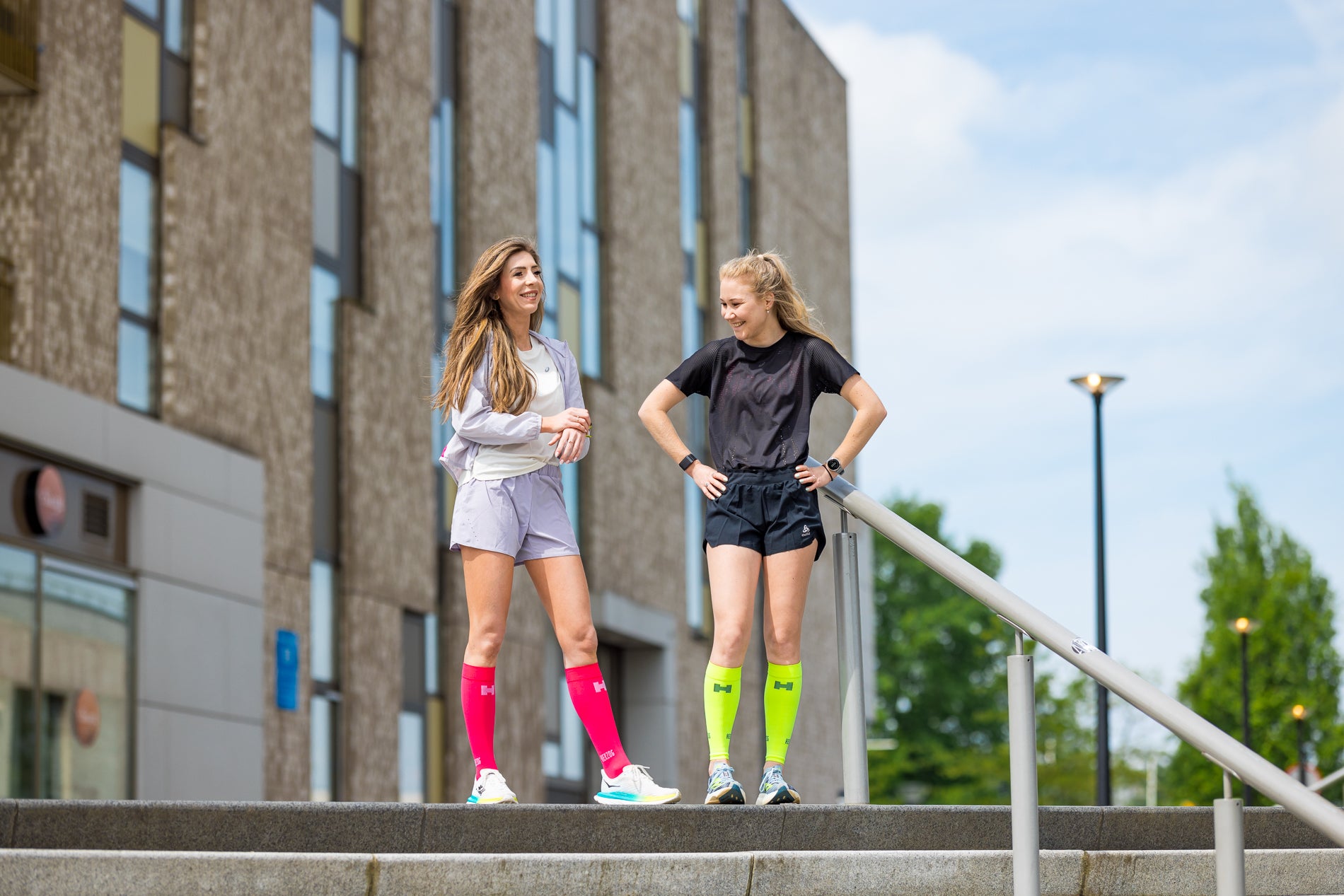
You can make the most of a rest day to stretch well and strengthen your body. To stay 'running fit', it's useful to incorporate some essential exercises into your regular running routine. By means of eccentric calf exercises and specific foot exercises you make your body stronger and you can prevent many typical running injuries.
4)Changing surfaces is good for the development of your motor skills. Make sure you don't just walk unpaved. When landing on asphalt, your calves have to endure a higher load and you run an increased risk of problems with your shins (shin splints) and Achilles tendons. You can easily vary in the forest: soft and paved surfaces are plentiful there.

